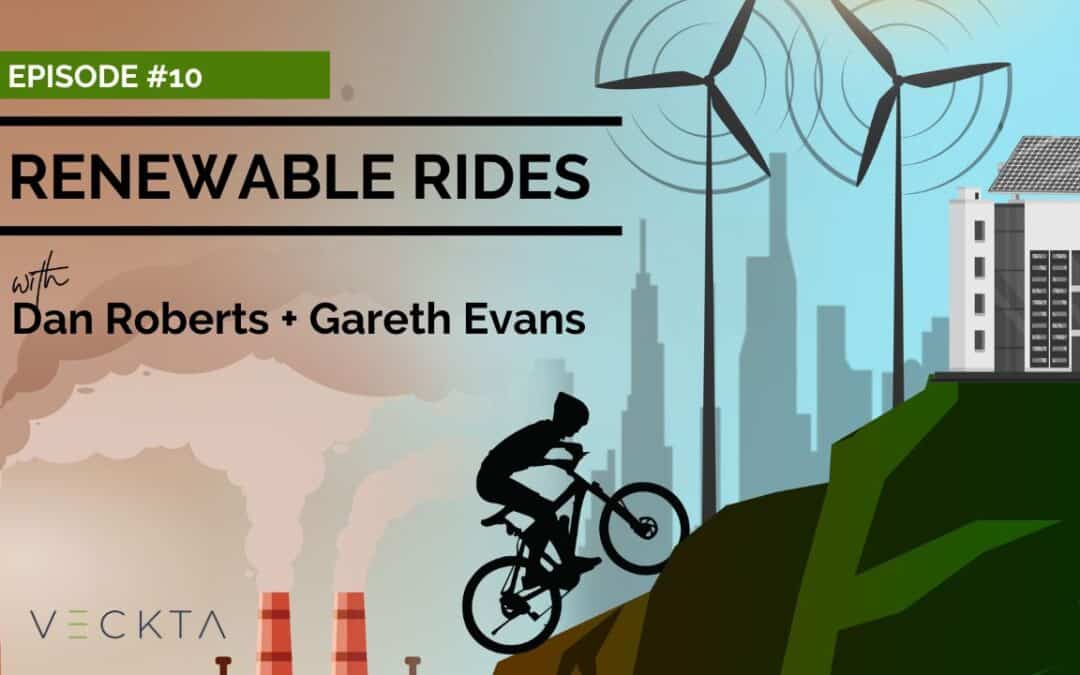Many people believe that solar panels can serve as a backup power source during grid outages, but the reality is quite different. Today we’ll explore common misconceptions surrounding solar energy systems, as well as the safety concerns associated with feeding excess solar energy back into the grid. Our discussion highlights the need for advanced controllers that can disconnect from the grid and enable energy independence, allowing solar-generated power to be stored efficiently in batteries and used to its full potential.
Listen in to hear about the challenges and opportunities related to energy independence for both communities and businesses. You’ll learn the crucial role of advanced technology in harnessing solar energy effectively and enhancing resilience in the face of grid disruptions, how you can make solar energy work, and more.
Listen To The Episode:
What You’ll Learn In Today’s Episode:
- The risk in generating solar during an outage.
- Why solar will not protect you from an outage.
- Why batteries are becoming more popular.
- How you can make your solar energy work for you.
- How to make solar energy truly disconnected from the grid.
Ideas Worth Sharing:
- “We still have a far ways to go in terms of communities and businesses around the world adding energy to their facilities to gain some energy independence.” – Gareth Evans
- “When you’re generating solar and the grid goes off, one of the biggest risks is that you continue to generate solar and it gets pushed back into the grid and can really injure and hurt the linemen working on the lines.” – Gareth Evans
- “Unless you have a controller that can disconnect you from that grid and support your system to then generate that solar, store it in the battery, and then optimize the use of that battery for your own personal consumption.” – Gareth Evans
Resources In Today’s Episode:
Share the Love:
If you like the Renewable Rides podcast…
Never miss an episode by subscribing via Apple Podcasts, Spotify, Google Podcasts, Amazon Music, or by RSS!


